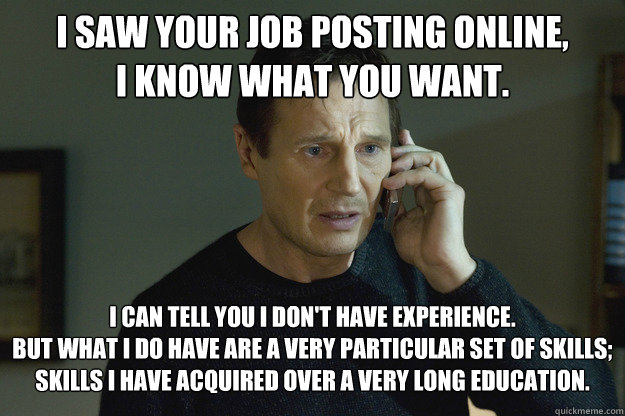Skills VS Passion – Reading Response no. 4
In this text, Cal Newport presents an interesting angle on particular attitudes and approaches towards work. Specifically, he reveals the mindset that he believes workers in all fields must assume in order to build a compelling and satisfying career – that is, the ‘craftsman mindset.’
The craftsman mindset is based on the idea that your skills and output trumps all, and by focusing on these assets you will ultimately lead a happy and fulfilling career. Newport uses musician Jordan Tice as an example, as he is so focused on his craft and skill set that he remains incredibly humble and content with what he is doing. By focusing purely on his music in attempt to create the best result possible, he does not let questions of self-validity cloud his view. Newport also acknowledges the career and tact of comedian and actor Steve Martin, who worked at his stand-up act for a solid 10 years before achieving his eventual success. Newport uses Steve Martin’s quote ‘be so good they can’t ignore you’ to demonstrate the strength of the craftsman mindset in achieving your goals.
Conversely, Newport highlights the fact that although the ‘passion mindset’ is perhaps more commonly held, it is much more problematic. According to Newport, the passion mindset focuses on “what the world can offer” you, and is based on the premise that “people thrive by focusing on the question of who they really are – and connecting that to work that they truly love.” However, Newport asserts that when you focus purely on what your work offers you, you will effectively start to concentrate on the aspects you don’t like about it, which will lead to unhappiness. Further, workers with the passion mindset also deal with the struggle of attempting to answer life’s impossible questions, e.g. ‘who am I’ and ‘what do I truly love’. He suggests that the inability to answer these questions will lead to prolonged confusion and self-doubt.
Whilst I certainly understand the worth of focusing on your outcomes over life’s hindering questions, I feel as though passion still comes into the equation somewhere. At some level I tend to agree with the counterargument, that is, that pre-existing passion can fuel the craftsman mindset. Newport dismisses these arguments as he claims that performers like Jordan Tice and Steve Martin would have sourced their craftsman mindset from a more pragmatic standpoint, such as the need to get by and source an income. But my question is, why would people pursue such uncertain and precarious positions in the first place, if not for passion?

